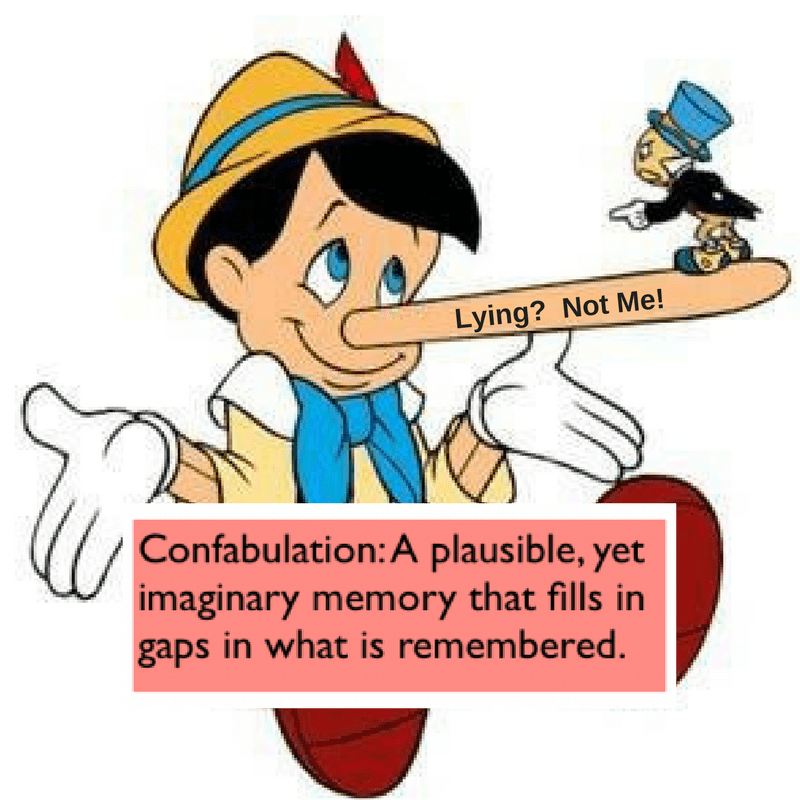The Myth of Multitasking and Situational Awareness
Think you’re good at multitasking? If so, you are just fooling yourself. Or, perhaps more aptly stated, your brain is fooling you. Multitasking is simply a way for us to be tricked into doing a whole bunch of things, poorly, all at the same time. When it comes to managing attention, the human brain cannot […]
The Myth of Multitasking and Situational Awareness Read More »










